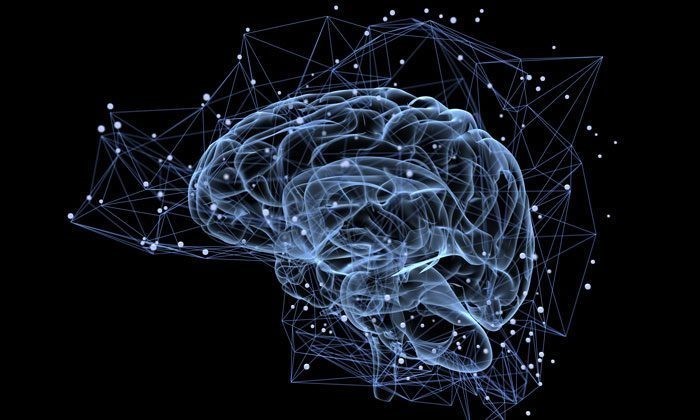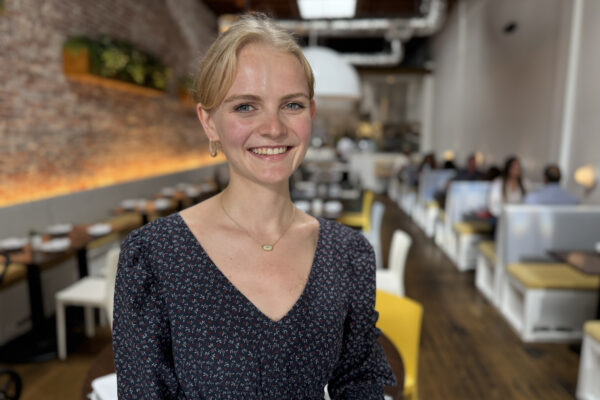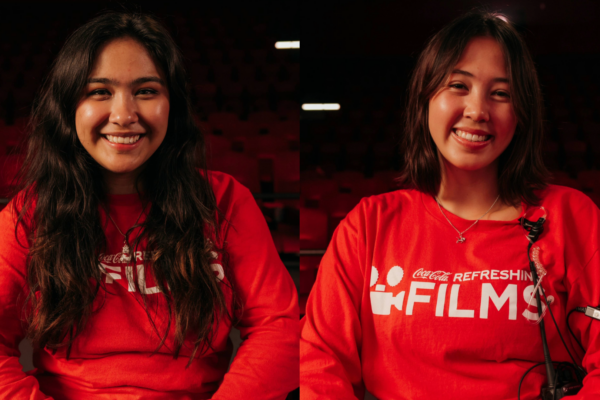The newly-minted Institute for Interdisciplinary Brain and Behavioral Science (The Brain Institute) at Chapman University, with Dr. Uri Maoz as project leader, is the recipient of a total of $7.04 million to study how the human brain enables conscious control of decisions and actions. The John Templeton Foundation funded $5.34 million; the Fetzer Institute funded $1.55 million; and the remaining $150,000 comes from the Fetzer Memorial Trust. This is Chapman’s largest non-federal research grant to date. With the Chapman Brain Institute serving as the central hub, this grant supports research efforts at 17 universities spanning four continents: including Charité Berlin (Germany), Dartmouth, Duke, Florida State University, Harvard, Indiana University Bloomington, NIH, Monash University (Australia), NYU, Sigtuna (Sweden), Tel Aviv University (Israel), University College London (UK), University of Edinburgh (UK), UCLA, and Yale.
The project will launch at an international conference on the Neuroscience of Free Will that the Brain Institute and Crean College of Health and Behavioral Sciences at Chapman University will host March 14-18. A celebratory Grand Opening Dedication and Ribbon Cutting is scheduled for 10:30 a.m. Wednesday, March 13, at the Harry and Diane Rinker Health Science campus, located at 14725 Alton Parkway, Irvine. The event and light brunch to follow is open to the entire campus community.
“We were pleased to establish Chapman’s Brain Institute and to bring the faculty associated with it to Chapman University last year,” said Daniele Struppa, Ph.D., Chapman University president. “Their approach to research reflects Chapman’s goal of combining research with teaching and involving undergraduate and graduate students at all levels in the process. We are grateful for this grant from the Templeton Foundation and the Fetzer Institute, which recognizes Chapman as a leader in this developing field.”
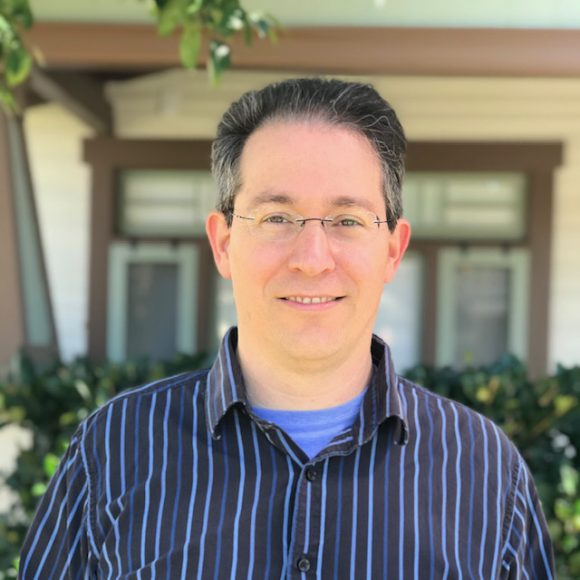
“This grant aims to create a new field in the study of the brain—the neurophilosphy of free will,” said Uri Maoz, Ph.D., assistant professor of psychology and computational neuroscience at Chapman University. “The extent and scope of human free will has been debated by philosophers for millennia. In recent decades, neuroscientists have joined the discussion, leading to some interesting discoveries. The current project, however, represents a four-year effort forging structured, close collaborations on these questions between eight neuroscientists (including Dr. Aaron Schurger, assistant professor of psychology, the latest faculty recruit to the Brain Institute at Chapman) and nine philosophers from around the world. Hopefully, in 10 years we will look back at the grant and say that’s where it all started,” said Dr. Maoz.
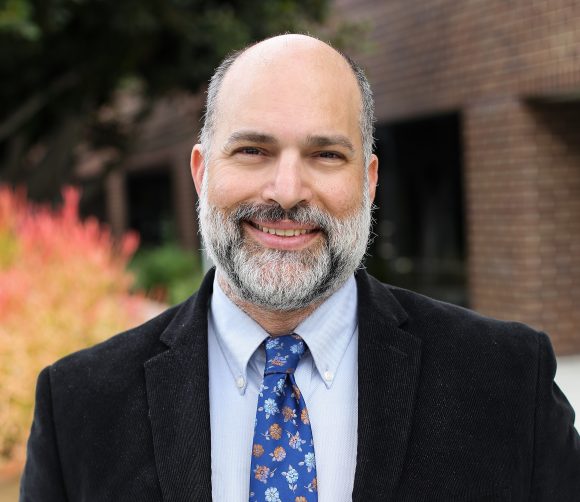
“This large-scale investment, by the John Templeton Foundation and the Fetzer Institute, comes to the Brain Institute even before its official launch next month,” said Amir Raz, Ph.D., Chapman University professor of psychology and brain sciences and director of the Brain Institute. “Work at the Brain Institute addresses fundamental questions of human experience: do we have free will? Are we, in fact, free to do what we wish? What is the role of consciousness in our decisions? We are grateful for the opportunities the combined grant offers as well as the testament it provides to confidence in our work.”
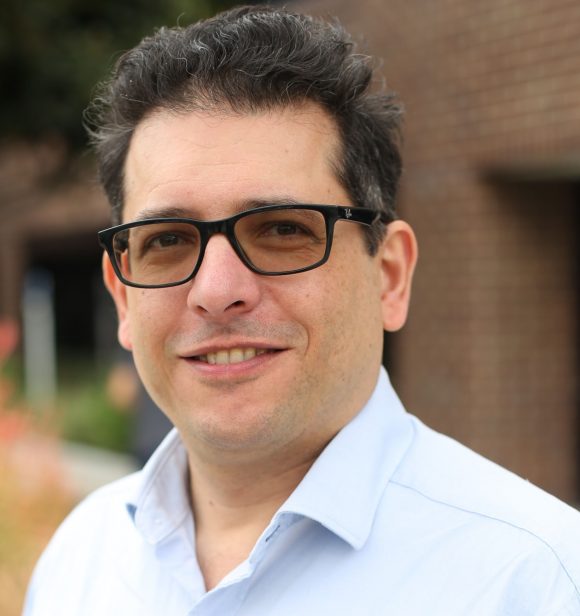
“The Templeton Foundation and Fetzer Institute grant acknowledge that consequential, complex questions find answers only when approached through the lenses of multiple disciplines and their research techniques,” said Janeen Hill, Ph.D., dean of Crean College. “Chapman University’s and Crean College’s commitment to brain science and its inherent interdisciplinarity is reinforced by the significance of this combined grant.”
Entitled “Consciousness and Free Will: A Joint Neuroscientific-Philosophical Investigation,” the grant aims to advance efforts in the neurophilosphy of free will. For example, researchers at the Brain Institute and their collaborators will use advanced analysis techniques of brain activity and strive to decode decisions and actions before they take place. Or they will use various techniques to compare human brain activity when people make arbitrary decisions (e.g., when asked to randomly raise their left or right hand) and deliberate ones (e.g., when asked to raise their left or right hand to donate to one charity or another).
“This grant, placing Chapman as a leader in neuroscience, reflects our deepening commitment to research and to academic excellence,” said Glenn Pfeiffer, Ph.D., provost of Chapman University. “This announcement comes soon after the recent elevation of Chapman University to Carnegie Classification R2, signifying ‘high research activity.’ We have never been stronger as a research institution than we are right now.”
“In fact,” said Thomas Piechota, Ph.D., PE, vice president of research, “this is an opportune time to partner with Chapman University. The research being conducted by the Brain Institute and throughout Chapman is exciting and innovative. Our faculty are exemplary researchers and the involvement of students of every level – including first-year undergraduates – is a fundamental part of the personalized education that we offer.”
Hosted at the Rinker Health Science campus in Irvine, as well as on the Orange campus, the Brain Institute comprises a network of interdisciplinary researchers who conduct empirical investigations into the cognitive neuroscience of altered planes of consciousness, neuropsychology, volition, formal models of higher brain functions among other fields. Our work draws on clinical populations, healthy volunteers, and innovations in artificial intelligence, machine learning, and big data.
“Questions about consciousness and free will are of enduring interest in both philosophy and the sciences. This project will feature field-leading researchers on these two topics, using rigorous and collaborative methods to advance our understanding of both of them. It is therefore a perfect fit for the John Templeton Foundation, and we are pleased to support Chapman in this initiative,” said John Churchill, director of philosophy and theology programs at the John Templeton Foundation.
“We are drawn to this work because of its cutting-edge exploration of free will, the breadth of the research effort Chapman University has developed, and the scale of this major funding collaboration with Templeton,” said Mohammed Mohammed, Fetzer Institute program director of research, discovery, and development. “We are excited about this venture into the intersection of philosophy and neuroscience.”
